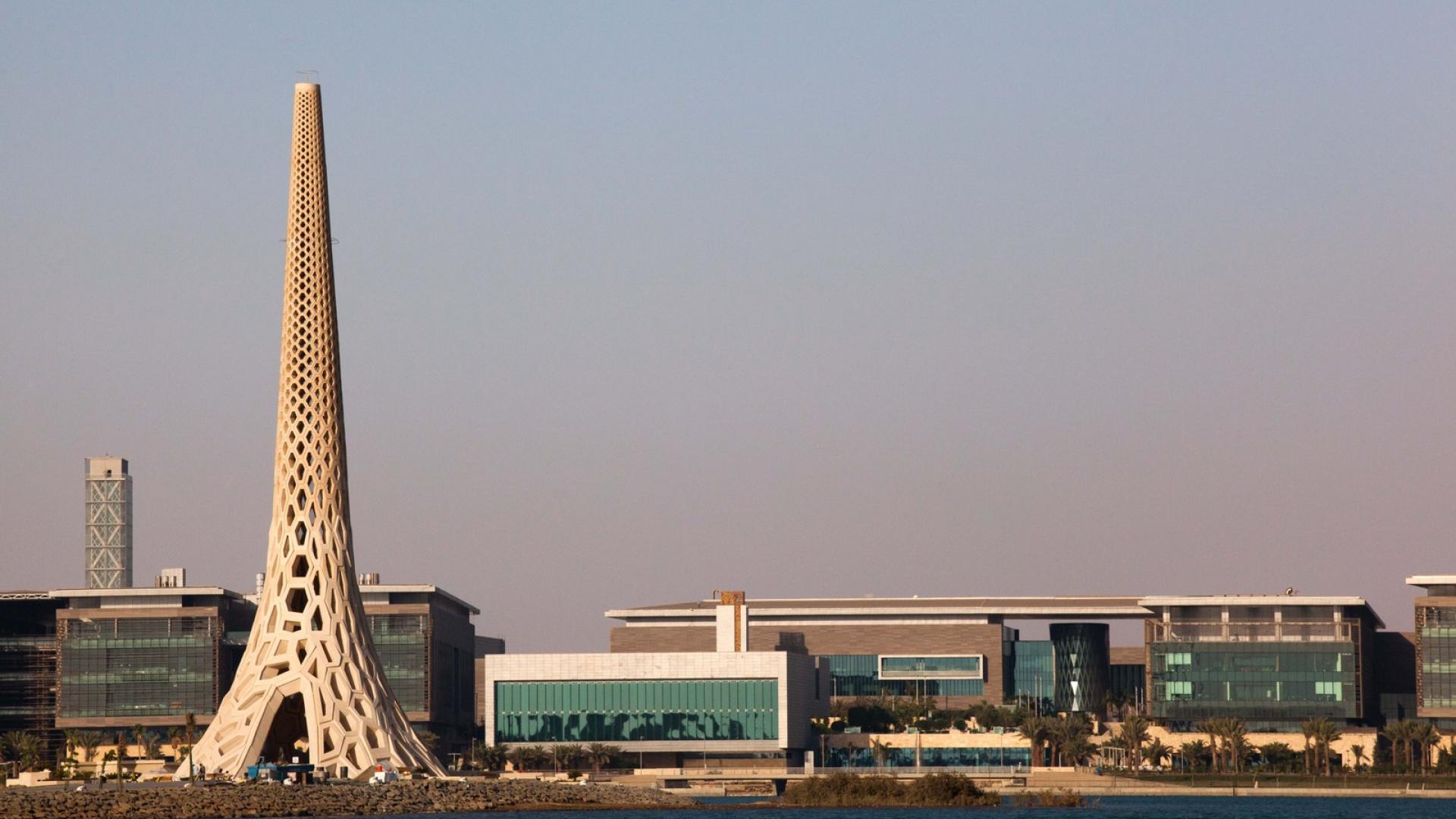Event Start
Event End
Location
Abstract
Alternative polyadenylation (APA) is widespread across all eukaryotic species and is recognized as one of the major regulatory mechanisms on gene expression. It can generate transcripts with distinct coding sequence (CDS) and/or 3' untranslated regions (UTR), thereby influencing protein isoforms, mRNA stability, and localization. Previous studies have shown that the choice of the polyadenylation site depends on a set of canonical cis sequence features including a prominent hexamer (e.g. AAUAAA) at 10-30nt upstream of the cleavage site, the downstream U-rich or GU-rich element and the auxiliary sequences. However, systematical analysis of other cis-regulatory elements is still largely lacking and there is no accurate computational model that can predict PAS usage based on sequence information. Here, I will talk about two ongoing projects. First, I will discuss the development of a high-throughput screening method to characterize the cis-elements regulating APA. Using this approach, we discovered dozens of novel cis-elements that can modulate PAS usage. Second, I will describe a deep learning architecture that can generate a predictive model to quantify the usage of multiple PAS in an APA-regulated gene. Through a combination of model adjustment and case study, we show how our model can potentially shed light on molecular mechanisms underlying APA regulation.
Brief Biography
Dr. Chen obtained his Ph.D. degree from Max-Planck-Institute for Molecular Genetics, Berlin in 2006. He was trained in human molecular genetics and bioinformatics. Between 2007 and 2008, he stayed at the same institute and led a research group. During this time, His group developed one of the first experimental and data analysis pipelines for Illumina/Solexa sequencing. At 2009, he moved to the newly established Berlin Institute for Medical Systems Biology at Max-Delbrueck-Center for Molecular Medicine (MDC), Berlin, where he led Laboratory of Functional Genomics and Systems Biology. At 2015, he was appointed as a full (W3) professor at MDC jointly with Charité - Universitätsmedizin Berlin. At 2016, he was awarded Thousand Talent Program from the Chinese government and moved back to SUSTech at Shenzhen, China. Apart from being the chair of the department of biology, he is now also serving as vice-dean of SUSTech Academy of Advanced Interdisciplinary Research, an organization promoting the collaborative studies between different departments at SUSTech. His lab has been developing various genomics assays based on the novel sequencing technology. Using the functional genomics and systems biology approach, his lab has been dissecting the molecular mechanisms underlying gene regulations at different levels and addressing the pattern of gene regulatory changes in evolution and their role in causing human diseases.
